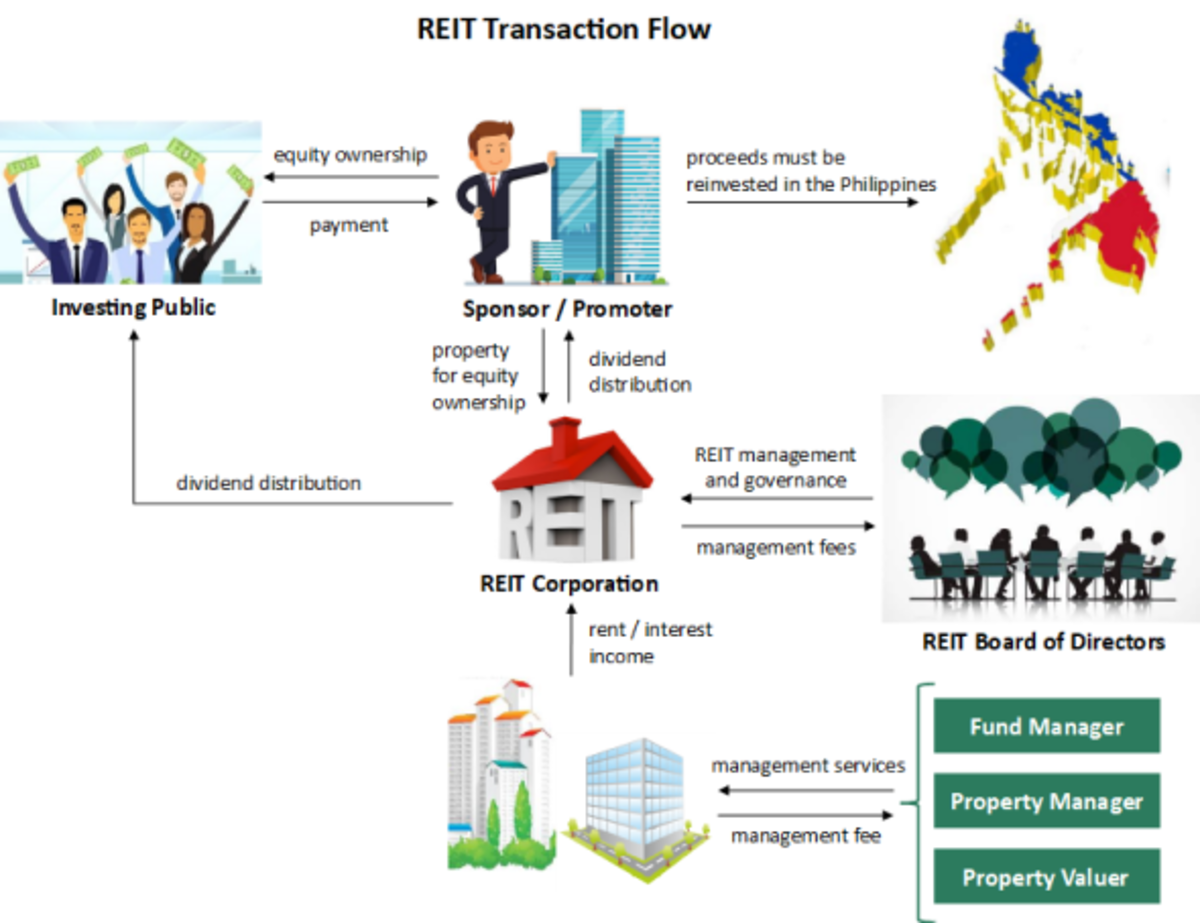The Case for Alternative Investment Strategies

Alternative Investments
One of the lessons of 2008, and even the more recent market volatility is that portfolio management has become more dynamic. Traditional asset allocation models of equities, fixed income, and cash equivalents may not be sufficient for more growth oriented portfolios. In certain cases, alternative assets strategies may be appropriate.
So what are "Alternative Investment" strategies ??? The term alternative can mean funds invested in numerous areas such as arbitrage funds, M&A strategies, managed futures, or even real estate. One of the more prominent approaches of recent years is a Long/Short strategy. A long short strategy is traditionally something associated with a hedge fund. In such a strategy a portfolio manager may opt to buy equities they feel are appreciating, while simultaneously shorting equities that they feel are going to decline. Hedge funds over the years have had much greater flexibility to choose an investment strategy that can quickly adapt to a rapidly changing environment. Due to their fairly limited regulatory oversight, their ability to stay nimble is unlike a traditional equity manager whom must stay fully invested at all times. A hedge fund however has had the ability to move assets in any direction or stay in cash in more of a market timing strategy.
Here at Landmark Wealth Management LLC, as financial planners we cannot advocate that clients actively attempt to time financial markets. Even the best of professionals do this with limited success. One of the reasons we may weight portfolios so heavily towards ETF’s and index funds is rooted in the fact that there is little evidence that and active equity manager will outperform his benchmark. Historically about 60% of large cap fund managers will not outperform the S&P 500 index. Additionally these fund managers will often already begin with substantially higher internal cost structures. Hence they are immediately behind the benchmark and forcing them to play catch up. Some may say, why not just buy the 40% of the managers whom do outperform the index ??? The problem is that the 40% is somewhat of a revolving door. Portfolio managers often have a “hot streak”, and then it ends. Sometimes the portfolio manager simply moves on. So if we advocate indexing through ETF’s, then what relevance is a Long/Short Strategy in a portfolio ??? It would seem to be the antithesis of the data previously mentioned. Yet, recent evidence from the last decade indicates that when combining a Long/Short approach with a fairly small percentage of your portfolio to a traditional asset allocation, you actually reduce volatility while having a nominal impact on net returns. In other words, this approach may provide the same level of overall long term returns, with reduced shorter term risk.
So should the average investor attempt to invest in a hedge fund. Not Likely. Hedge funds often have limited disclosure, and extremely high minimums that make them inaccessible to the general public. So they are not suitable. However in recent years, the mutual fund industry began to recognize the demand for such solutions among the general public. They began to create Long/Short mutual funds that are now available to the general public as an alternative asset class, with much lower costs, and the traditional disclosure you would expect from traditional asset classes. Because such investments are publicly listed securities they not only have higher disclosure requirements, they are not quite as flexible as a traditional hedge fund. Nevertheless, they have been able to provide more overall portfolio flexibility. Some of the recent data from the year 2008 showed most long/short strategies failed to produce positive returns in all market conditions. However, the record also clearly showed that they tend to be good at limiting losses in down markets and producing relatively low volatility returns that can pay off in solid outperformance over time. Consider that over the last 10 years ended September 30, 2009, the Credit Suisse Long/Short Equity Index generated an annualized return of 8.01%, with an annualized volatility of 9.96%. That compared with the Russell 3000 Index’s annualized return of just 0.73% and an annualized volatility of 16.57%. Of course, it should be noted that the past 10 years were an unusually weak period for stocks, and the next 10 years may bring markedly better result.
Annualized Total Returns & Standard Deviations:
10 Year Period Ending Sept 30th 2009
Asset Allocation
| Total Return
| Standard Deviation
|
|---|---|---|
75% US Equities / 25% Foreign Equities
| 1.46%
| 16.60%
|
56% US Equities / 19% Foreign Equities / 25% Long/Short Equities
| 3.23%
| 14.17%
|
37% US Equities / 13% Foreign Equities / 50% Long/Short Equities
| 4.91%
| 12.11%
|
The improved evidence shows the Long/Short Strategy fairs better in periods of great stress. That will not likely always be the environment we live in. So to overweight such a strategy would likely be a mistake. However maintaining a portion of assets in such an approach may do a lot to reduce risk. In a sense, this evolution is little more than an expansion on the asset allocation approach. The premise of asset allocation is to not time markets, but rather to manage risk by combing assets of a low correlation. The consistent reallocation of these asset classes requires constant selling into strength and buying into weakness. But over the years, as our economies have become more global, correlations have increased. This has made it harder for financial planners and independent investors to limit risk. The long/short approach is an additional piece of the asset allocation pie.
What are the risks ??? Competitive demand for new products has created a rush to bring some of these products to the marketplace. Many fund companies assigned managers to such a fund with no experience having ever shorted a security or made a non-traditional investment. The performance was hence subpar. There are a few managers whom have shown an excellent track record to date. At Landmark, we generally view this type of a position to encompass somewhere between 5-10% of a client portfolio. Anything more would likely increase risk and correlations. How do we weed out the experts from the novice portfolio manager ??? We generally look for portfolio managers in such and area whom hedge a portfolio based on macroeconomic data, rather than short term trading or what we feel is unreliable technical analysis. Additionally a fairly long track record of consistently applying the same principles is a must.
As always, it is important to note that we as investors should not get too caught up in the day to day movements in markets. All sound financial plans begin with a disciplined strategy based around the individual client profile and risk tolerance. This is simply meant to enlighten clients as to what solutions are at our disposal as individual investors to help bring down volatility and hopefully result in a more successful long term financial plan that meets the goals of each individual.
Suggested Reading
- How To Handle Your Pension Options
Over the years one common choice I have seen clients faced with is whether or not to opt for a lump sum pension benefit when it is offered to them at retirement versus accepting the monthly annuity payment from the company. Let me first start by... - Should I Buy an Annuity...What You Need To Know
What is an annuity ??? Annuities can generally be summarized as two basic types of insurance contracts. They are either immediate or deferred annuities. Over the years these two types of contracts have been expanded to encompass many different... - ETF's vs Closed-End Funds ???
The difference between a traditional exchange traded fund (ETF) and an actively managed closed end fund are several. However, there are certain basic features that one should understand before utilizing these solutions as investment options. The... - The Importance of Asset Allocation
When building and investment strategy we often hear the term “diversification” Yet and equally important concept is “Asset Allocation” It has been shown via numerous studies that the proper allocation can account for better than 90% of long... - The Impact of Retirement Distributions in Volatile M...
Over the last fifteen years in the financial planning field, the most commonly expressed concern I have heard from a retiree/pending retiree has been…Will I run out of money ??? When examining this question there are many variables to be concerned... - The Case for Alternative Investment Strategies
One of the lessons of 2008, and even the more recent market volatility is that portfolio management has become more dynamic. Traditional asset allocation models of equities, fixed income, and cash equivalents may not be sufficient for more growth... - Should I Pay off My Mortgage Early ???
For many Americans, the ability to pay down their mortgage sooner is simply not realistic. However in some cases it is quite possible. The Question of whether or not you should accelerate mortgage payments or use liquid cash to cover eliminate the... - What should your Financial Advisor ask you ???
Often we read articles & commentary about what to ask your financial advisor. But what should your financial advisor be asking you. Often times that alone can tell you whether or not you are engaged in a financial advisory relationship that is in - Passive vs Active Management…The Case for ETF’s
There has been an ongoing debate for decades about the benefits of actively managed mutual funds versus their passive counterparts. Those counterparts would be the exchange traded fund market (ETF’s) as well as traditional index funds. Those in... - Bonds vs Bond Funds ???
While over the years the community of investment professionals nearly universally agree that most every client should own some form and percentage of fixed income as part of their asset allocation strategy…Over the years there has been an ongoing...










